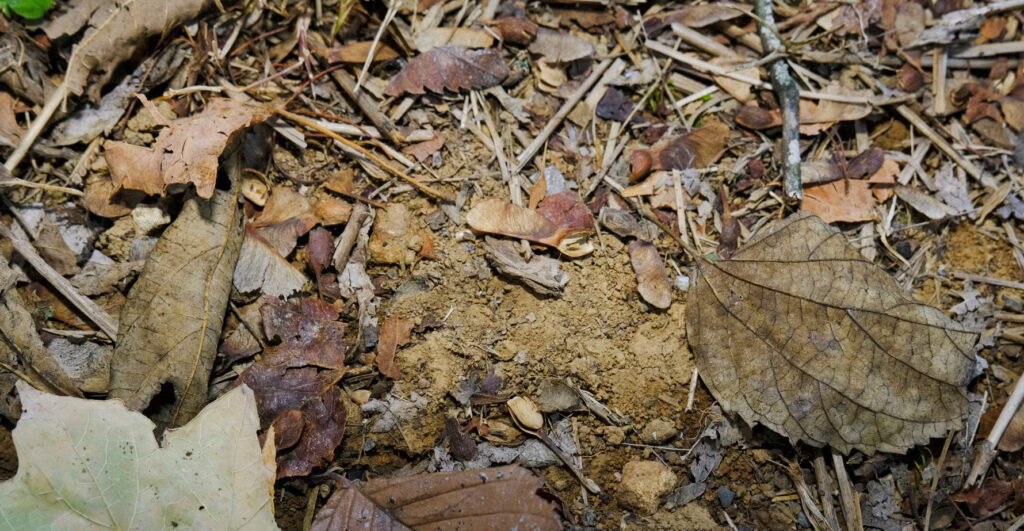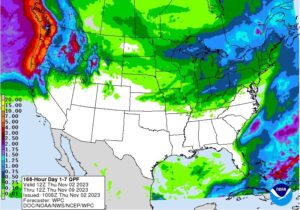
In Nashville, the ground often dances between parched and soaked.
In March 2021, an extreme rainfall event caused a massive landslide across the backyards of six residents in south Nashville. In early 2022, excessive rainfall, plus freeze-thaw cycles, caused an abundance of potholes. In October 2022, water pipes burst during a drought.
Ground is not stable. This is true everywhere. But some areas are more vulnerable. In the Nashville area, soils contain minerals like clay that expand with excess water and shrink when dry.
Tennessee’s drought is advancing quickly
Tennessee is now very dry. In fact, the state has not been this dry since 2016. The latest U.S. Drought Monitor showed 40% of land at a level of “extreme” drought. Historically, this has meant an inadequate supply of water for wildlife — during the drought last fall, nocturnal animals in Nashville were spotted hunting for moisture during daylight.
 Courtesy U.S. Drought Monitor
Courtesy U.S. Drought Monitor Tennessee has the largest area of “extreme drought,” referred to as D3, since 2016.
Nashville is now in “severe” drought. Historically, this level of drought has meant poor air quality, wildfire risks, aquatic animal die-offs and poor water quality in Tennessee.
Broken water pipes may be a new concern. Last year, Metro Water Services repaired 66 water main breaks in October, when the dryness was about a couple of weeks ahead of this year’s drought.
“When you have a water main underground, and then the soil and ground around it is shifting, it can break,” Sonia Allman, of Metro Water Services, explained at the time.
Last month, the agency repaired 23 water main breaks and had another seven scheduled repairs, which matches some non-drought years.
Colder months could exacerbate pipe threats
The seven-day forecast from the National Oceanic and Atmospheric Administration shows little to no rain in Tennessee, so the drought could intensify. In 2016, the state transitioned from a total of 43% of land in “extreme” drought status to 73% over the course of one week that November. (To date, the state does not have an official plan to take action during droughts.)
 Courtesy National Oceanic and Atmospheric Administration
Courtesy National Oceanic and Atmospheric Administration Nashville is unlikely to get much rain this next week.
Water infrastructure may start to become even more vulnerable as temperatures drop. In the winter months, water pipes can also break when soils move due to freezing and thawing dynamics. It happened last year after the Arctic blast in December.
“Our mains in the winter don’t break due to them freezing and bursting. They break because of the environment and what’s going on around them,” Allman said then.
Metro Water stocks common repair parts, fuels up equipment and increases the number of on-call employees during the winter months.
“We are not able to predict when breaks will occur, but we prepare for an increase in activity during winter months,” Allman said in an email.

